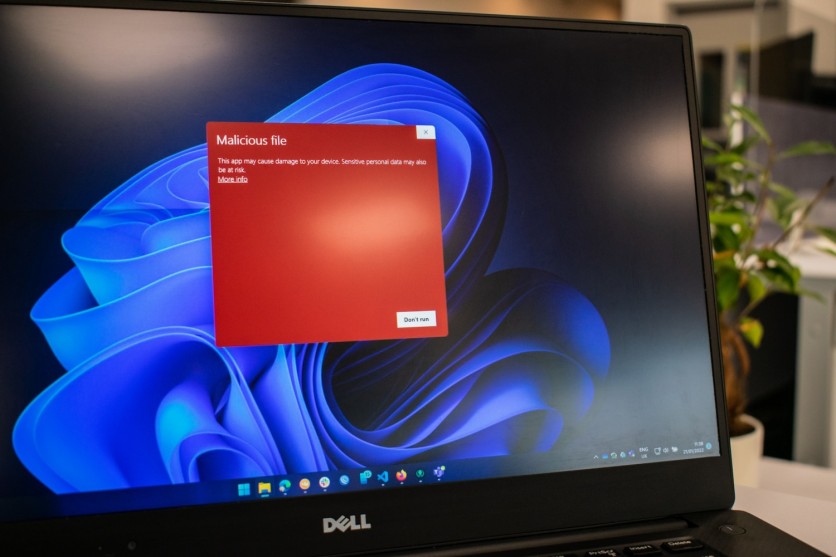Avira, a well-known antivirus solution, is facing a barrage of user complaints, alleging that a recent update has rendered their Windows PCs unusable.
Reports suggest that affected users are experiencing freezing issues during startup, prompting frustration and concerns about the antivirus software's reliability.
Antivirus is Making PCs Freeze Suddenly

Several users, including Redditor u/kiiniiwiinii, have taken to online forums to express their grievances.
According to u/kiiniiwiinii, their Windows PC started "freezing on startup" after the Avira update. Attempts to troubleshoot the problem, such as disabling background apps, proved futile. The only solution that worked for them was uninstalling Avira.
Similar complaints have surfaced from other users, with some reporting 100% processor and memory usage during the freezing episodes.
Windows 10 and Windows 11 Users Can't Escape
As per XDA Developers' report, the issues appear to be widespread, affecting users on both Windows 10 and Windows 11.
Another Redditor u/K1ngdaKar highlighted that the problem emerged after a recent Avira update, pinpointing Friday, Dec. 8, as the day they first noticed the issue.
Users report a brief window of 15-20 seconds post-boot where executables can be launched, but launching programs beyond that period results in system lockup.
Since many users can no longer solve the problems on their computers, they decided to uninstall Avira from their PCs. Some of them unsubscribed from their ongoing plan with the program.
Frustrated users have voiced their concerns and dissatisfaction with the software, with some pledging to cease using the application altogether.
Gen Digital, the company behind Avira, acknowledged the complaints to the German tech blog Heise. While the company did not explicitly mention an upcoming fix, it assured users that it is actively investigating the matter. A potential update to address the reported freezing issues is expected once the investigation is concluded.
In the meantime, the temporary solution for affected users remains to uninstall Avira to restore normal PC functionality.
In other news, an unknown group of hackers are luring their victims to book hotel reservations. However, there's a twist—all of them are fake.
As Tech Times recently reported, the MrAnon Stealer malware is used to launch phishing attacks on people through malicious PDF links. When a user clicks the email containing the information about holiday booking, that's the time that the malware will spread.
As a result, cybercriminals can now steal not only the user data, but also their password, and even access their crypto wallet, VPN clients, and more.
Since the threat actors are stealthy in this latest campaign, it's recommended to refrain from clicking emails instantly. Make sure to verify the source first and check if it's legitimate before you click anything on the content. Be also wary about the suspicious attachments embedded in the email.

ⓒ 2025 TECHTIMES.com All rights reserved. Do not reproduce without permission.




